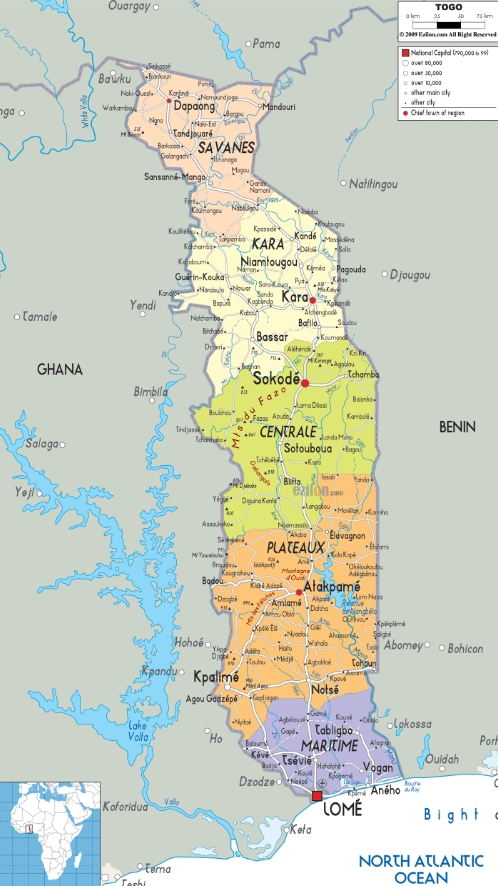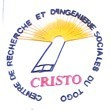Togo Cookstoves Project
Project Objectives:
The project aims to produce and distribute 260,000 improved cookstoves over 5 years to be certified by GOLD STANDARD.
Two separate types of cookstoves are being locally manufactured and distributed: a Himalayan cookstove (for open fire, wood as fuel users) and ASUTO cookstoves (for charcoal users).
The use of locally made stoves produced and distributed by a local network offer vast socioeconomic advantages over projects based on import stoves.
We have invested in a local network based in the southern-most regions of Togo, Africa, to support the local production and distribution of low-cost, high-efficiency cookstoves. This network of partners, includes over 100 workers, 60 welders, 4 facilitators, and a team of local women to manufacture and distribute almost 40,000 charcoal stoves per year. Not only we use a local distribution network (thus creating jobs), but also every cookstove is made in-country with entirely recycled materials.
The project targets households and artisans in the Plateaux, Maritime, and Centrale regions of Togo, which comprises about two-thirds to Togo’s total population.
TO DATE, THE FOLLOWING COOKSTOVES HAVE BEEN PRODUCED and DISTRIBUTED:
ASUTO cookstoves (for charcoal users)
78312
Produced
67356
Distributed
HIMALAYAN cookstoves (for open fire, wood as fuel)
1286
Produced
969
Distributed
Key Project Details
- Location: Togo (listed in Least Developed Countries)
- Project Type: High-Efficiency Cookstove Standard: Gold Standard for the Global Goals
- Methodology : TPDDTEC V4.0 – Reduced emissions from cooking and heating - Technologies and Practices to Displace Decentralized Thermal Energy Consumption
- Project Partner: ClimeCo
- Crediting period : 2023 -2032
- First issuance : 1Q /2025
- Project with Letter of Authorization
Our achievements based on Verified Emission Reductions

SDG 1 - NO POVERTY : thanks to the average fuel cost saving with the improved cookstove.
Saving 142,229CFA/year/household

SDG 5 - GENDER EQUALITY: Free time gained by the women using the ICS compared to the use of the non-efficient stove.
Saving 268 hours/year/household

SDG 7 - AFFORDABLE AND CLEAN ENERGY

SDG 8 - DECENT WORK AND ECONOMIC GROWTH :
Number of jobs created due to the project activities, such as potters, distributors and manufacturers.
117 full time + 192 part time employees

SDG 13 - CLIMATE ACTION : The total project contribution to reductions in wood fuel consumption leading to a reduction in deforestation rates

SDG 15 - LIFE ON LAND

Our Quantitative Monitoring
A comprehensive and conservative monitoring system has been developed as part of the project implementation.
To quantify the changes in cooking practices due to fuel-efficient cookstoves, it is not sufficient to simply measure the usage of the new stove. It is also crucial to measure any reduction in the use of traditional stoves.
This has been designed to collect data on the parameters identified in the project design document (PDD) and to avoid any risk of overcrediting.
The latest version of the “Technologies and Practices to Displace Decentralized Thermal Energy Consumption” of Gold Standard methodology and applicable tools was applied at time of first submission of the Project to Gold Standard.
No standardized baselines were used and these are the monitoring tasks undertaken:
- Maintenance of the Sales Record
- Project database
- Kitchen Performance Tests (KPT)
- Usage Survey
- Usage of heat Sensors
- Usage of electronic balances
Stove Sensors
Heat sensors are installed on a random sample of cookstoves to make the monitoring process more effective.
Stove Database
All the cookstoves are registered and geotagged in a central database to streamline the certification process.



AUDITING
Verified on-site by third-party organizations to ensure reductions are measurable, real, and permanent.

PROJECT TIMELINE
Copyright © 2025 | All Rights Reserved - Africa4Climate | This site has been developed by DEV4U.
